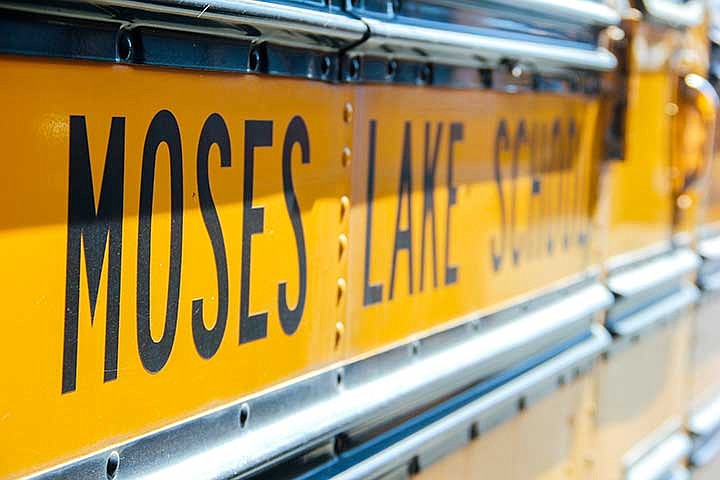Basin politicians, superintendant mixed on charter schools issue
MOSES LAKE - Three times before Washington voters were asked to allow charter schools in the state, and three times the measure was rejected.
Voters will take up the issue a fourth time as Initiative 1240 is on the general ballot this year, which would allow up to 40 publicly-funded charter schools over five years.
Not surprisingly, opinions are mixed.
Political candidates from the area approve of the initiative, including outgoing state Rep. Bill Hinkle, R-Cle Elem.
"One thing you can see is that we continue to struggle in preparing kids for college," he said, pointing out that nearly 60 percent of college freshmen need remedial classes. "We can't seem to get our act together in prepping kids for college or supporting higher education in the manner that we need to."
Even though President Barack Obama has come out in favor of charter schools, and Hinkle said he's wary of supporting anything Obama is behind, the representative said this is not a partisan issue.
"As I leave the Legislature, one of the frustrating things I see is very little movement forward in education," he said. "You can't keep pouring money into a system that lacks innovation. What they call innovation is a different way to spend money with the same people in charge."
The two men running to fill Hinkle's seat also support the initiative. "We need to do something to drive innovation," Moses Lake Democrat Kaj Selmann said.
His opponent, Matt Manweller of Ellensburg, said he was a charter school teacher, founder and member at the Silver Creek Alternative School in Hailey, Idaho.
"Charter schools offer an alternative way to teach, and I think that experimentation and choice are good things," he said.
Democratic Congressional candidate Mary Baechler, of Yakima, is torn on the issue.
"I think charter schools are a fascinating idea, but my concern is that it would take too much money away from public schools," she said. "We need to be doing everything possible to help our public schools."
Moses Lake School District Superintended Michelle Price is also torn.
"I am all for choices, but I believe that our families and children deserve to have choices, and it's our responsibility to engage (those) families," she said.
Ultimately, she said that the initiative is distracting from the problems facing the needs of all students.
"I'm just concerned that it would be another system that wouldn't be accessible to all students," she said. "This is going to serve a very small population of students. Why not my students? Why not yours?"
Price said she'd like to see the Legislature focus on real problems facing school district funding and not just "put a Band-Aid on it."
"I am all for options for families and don't see charter schools as a threat," she said. "But if there's something so good about charter schools ... why would that not be true with every public school?"
The Moses Lake School Board passed a resolution earlier this month opposing the initiative. Hundreds of educators, school board members and superintendents from across the state have also opposed the measure.
Hundreds more have also publicly endorsed I-1240, as well as editorial boards speaking for some of the largest newspapers in the state.
If approved, the state could allow up to eight charter schools a year for five years. Each school would be operated by an approved non-profit that cannot be sectarian or religious in nature.
The schools would be open to all students in the geographic area and have an elected school board like the current public school district.
The 2012 voters' guide states that charter school boards could borrow money and issue debt, but could not use public funds allocated to the school as collateral. The charter school board alone would be held responsible for the debt.
At the end of the five-year period, the system would undergo a review to determine whether to continue charter schools in the state.



